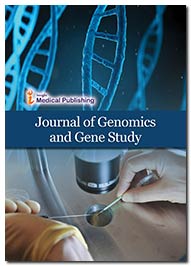A combination of stem cells and Low Intensity Ultrasound for Knee meniscus regeneration: A preliminary study
Abstract
Background:
Meniscus defects critically alter knee function and lead to degenerative changes.Regenerative medicine applications including stem cell transplantation have showed a promising efficacy in finding alternatives to overcome traditional treatment limitations. However, stem cell therapy remains limited due to the substantially reduced viability and inhibitory microenvironment. Since tissue growth and repair are under the control of biochemical and mechanical signals, several approaches have recently been investigated (e.g., low intensity pulsed ultrasound [LIPUS]) to promote the regeneration process. This study employed LIPUS to improve growth and osteogenic differentiation of mesenchymal stem cells derived from human embryonic stem cells to improve the regeneration of meniscus tissue.
Methodology:
The MSCs were transplanted into the epicenter of the injured meniscus in rabbits, which were randomized into two main groups: a treatment group (n=32 New Zealand rabbits) including 4 subgroups of 8 rabbits in each subgroup (LIPUS treatment, MSC treatment, LIPUS with MSC and control), and a second group (n=9) to track.
Open Access Journals
- Aquaculture & Veterinary Science
- Chemistry & Chemical Sciences
- Clinical Sciences
- Engineering
- General Science
- Genetics & Molecular Biology
- Health Care & Nursing
- Immunology & Microbiology
- Materials Science
- Mathematics & Physics
- Medical Sciences
- Neurology & Psychiatry
- Oncology & Cancer Science
- Pharmaceutical Sciences
